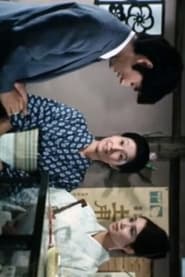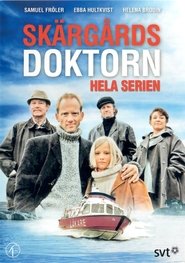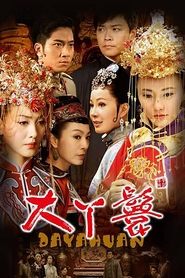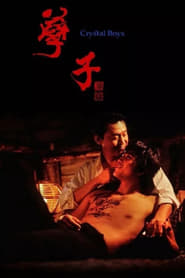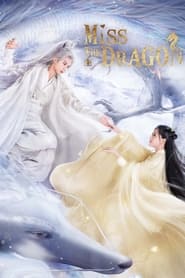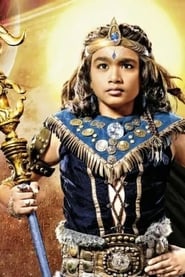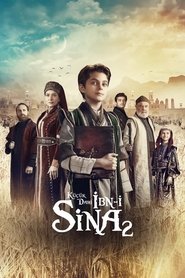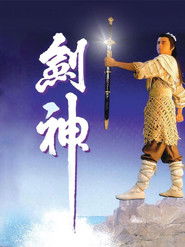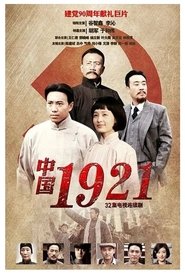Best Drama TV Series - Page 449
-
El amor invencible
2023
star 7.3After losing all her loved ones fifteen years ago and believing her babies were killed at the hands of the father of her first love, Leona Bravo embarks on a journey of justice against all those who hurt her. In this process, Leona discovers that her children are actually alive and is reunited with an old friend with whom she finds true love. As a result, she will be torn between her desire for justice and rebuilding her bond with her two children, as well as regaining her faith in love. -
Ashita Kara no Koi
1970
Ashita Kara no Koi
1970
Set in a neighborhood near a private railway station in the suburbs of Tokyo, this cheerful home drama depicts various events that occur in the homes of merchants and businessmen, as well as love affairs between men and women of all ages. It is a story of people of goodwill and kindness. -
Baron Noir
2016
star 7.5In a tale of epic scale, French politician Philippe Rickwaert thirsts for revenge against his political enemies. Philippe’s political career is in shambles after he is sacrificed by the presidential candidate from the Left, Francis Laugier, in order to save his election. Step by step, Philippe plots against him and forges an alliance with his closest advisor, Amélie Dorendeu. -
Skärgårdsdoktorn
1997
star 7.5TV series about the doctor Johan Steen who returns to Sweden after working in Somalia. He takes over his father in law's practice in the archipelago and together with his daughter Wilma, they try to make a new life for themselves. -
Pretty Maid
2010
Pretty Maid
2010
-
Crystal Boys
2003
star 7Based on the homonymous novel by Pai Hsien-yung, the story takes place in Taipei in the 1970s, and follows a short period in the life of a young man called Li-Qing (nicknamed A-Qing). When A-Qing is expelled from his school because of "scandalous relations" with classmate Zhao Ying, his father kicks him out of the family home. A-Qing begins to hang out at a park called New Park, a gay cruising area and hangout for gay men, where he meets the novel's other primary characters. -
Miss the Dragon
2021
star 6.9A young maidservant named Liu Ying saves a snake on behalf of her young mistress in a chance encounter. However, the snake turns out to be a thousand year ancient dragon named Yuchu Longyan, who now wants to marry her to repay her kindness. The two's lives then becomes entangled with each another as their love transcends over three lifetimes. -
Güereja of my life
2001
star 4.8This is a comedy that features one of the most beloved characters on television for the young and young at heart, La Güereja. -
不知东方既白
2019
不知东方既白
2019
-
Karmaphal Daata Shani
2016
The story of the series is based on the life of God Shani, who is known for his wrath. The serial also shows Vishnu and Shiva as Shani's mentors. It also shows Shani's tough childhood, getting the rank of Karmafaldaata, downfall, return to Suryalok, marriage, getting his wife's curse and finally his return as Karmfaldaata. -
Ibn-i Sina: The Young Genius
2023
star 6Life story of Avicenna, philosopher of the Islamic Golden Age. -
Summer Scent
2003
star 8.3Min Woo's first love was sadly unrealized. On one rainy summer day, he had fallen in love with Eun Hye, but unfortunately, she dies in a car accident. He runs into Hye Won in the mountains he used to frequent with his former flame, and sees that Hye Won and Eun Hye share many similar qualities. Hye Won had suffered a heart condition as a child and later underwent a heart transplant. She had received the heart from Min Woo's first love. When Hye Won first sets her eyes on Min Woo, her heart responded wildly. Jung Jae is Hye Won's childhood love who is gentle and handsome. But because Hye Won's heart continues to respond to Min Woo, she must choose which man to love. -
Darr Khuda se
2019
Darr Khuda se
2019
A young man falls head over heels in love with a beautiful woman. However, when she does not reciprocate his feelings, he begins to harass her. -
Chrono Crusade
2003
star 8.1Set in New York during the 1920s, Chrono Crusade follows the story of Rosette Christopher, and her demon partner Chrono. As members of the Magdalene Order, they travel around the country eliminating demonic threats to society, while Rosette searches for her lost brother Joshua. -
Japan Sinks: 2020
2020
star 7.2After catastrophic earthquakes devastate Japan, one family's resolve is tested on a journey of survival through the sinking archipelago. -
I Have a Smart Doctor Wife
2023
Yun Ruo Yue, a modern doctor, is electrocuted in the process of saving lives and traveled to ancient times, using her own medical system to practice medicine and cure illnesses. She is granted to marry the Crown Prince of the former dynasty, Lord Li. The two of them, one treating illnesses and saving lives, the other protecting the people, go from disliking each other to gradually admiring each other, and then to working together, falling in love, and redeeming each other. -
Rumbling Hearts
2003
star 6.5At first, Takayuki Narumi is befriended by Mitsuki Hayase only because Mitsuki's best friend, Haruka Suzumiya has a crush on him; however since then, Takayuki, his pal Shinji Taira, and Mitsuki have grown to be the best of friends. Then one day, Haruka confesses to Takayuki her love for him. Not wanting to hurt her feelings, Takayuki agrees to go out with her. After a few incidents, their relationship gets intimate, even while Takayuki and Mitsuki begin to realize their feelings for each other. But suddenly, when tragedy strikes, things are never the same for these four friends again. -
Armor Hero
2009
star 8.2Xin Nan, Bei Miao, Dong Shan, Xi Zhao, and Kun Zhong are the descendants of the fire village, the water village, the wood village, the metal village, and the earth village, respectively. Their bodies contain a mysterious gene. Under the use of the Guang Ying Armor they will receive magical combat armors that have been passed down since the ancient times. With these armors, they will become the embodiment of righteousness - Yan Long Xia, the Fire Dragon Hero, Hei Xi Xia, the Black Rhinoceros Hero, Feng Ying Xia, the Wind Eagle Hero, Xue Ao Xia, the Snow Mastiff Hero, and Di Hu Xia, the Earth Tiger Hero. As these heroes, they will fight against the emperor of the darkness and his minions. To disrupt the happiness of the community, the evil ones used pollutants to create a pollution monsters that destroys the environment and the peace of the community -
The God of Sword
1991
The God of Sword
1991

